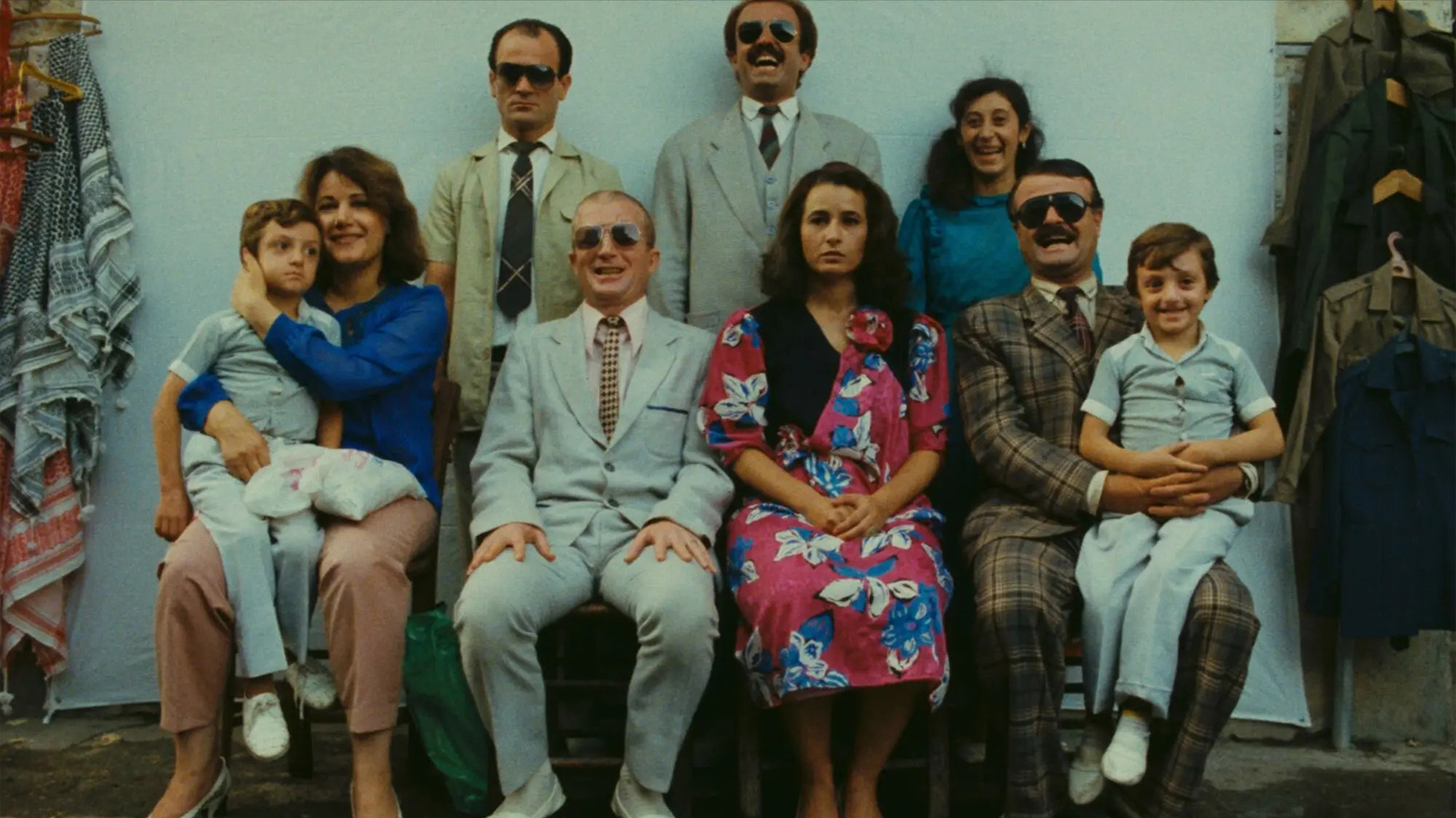Restoration of Banned Film Signals New Era for Syrian Arts
Ossama Mohammed's banned 1988 film Stars in Broad Daylight, a satire of Hafez al-Assad's dictatorship, has been restored for global screenings, symbolizing Syria's cultural revival after Bashar al-Assad's fall and decades of artistic repression.

Jan. 10, 2025
ERBIL (Kurdistan24) — Decades after being banned by the Assad regime, the Syrian film Stars in Broad Daylight (Nojoum al-Nahar) has reemerged, restored to its original form and set to screen at international festivals.
The film, a sarcastic critique of dictatorship, presents a poignant commentary on life under Hafez al-Assad’s rule, which muffled artistic expression and suppressed cultural freedoms.
Directed by Ossama Mohammed, Stars in Broad Daylight debuted in 1988 and featured a character uncannily similar to the late Syrian leader Hafez al-Assad.
The protagonist, Khalid, symbolizes the tyranny and psychological exploitation characteristic of authoritarian rule.
Speaking to The New York Times, Mohammed pondered on how dictatorship molded his work: “Assad is the co-writer. He is on your shoulder writing with you. In this film, I took him from my shoulder and placed him inside the frame.”
The film’s only official screening in Syria was an invitation-only premiere at the Al-Assad National Library in Damascus.
Despite this, it earned an underground reputation, passed around through pirated copies and whispered admiration. Mohammed recalled hearing that Hafez al-Assad had privately viewed the film, though this claim remains unconfirmed.
A Regime That Stifled Creativity
Under the Assad regime, the arts encountered insistent censorship. Filmmakers, writers, and artists navigated strict boundaries, knowing that opposition, whether overt or subtle, could result in exile or worse.
Even films critical of societal issues were deemed rebellious if they implied at the regime’s flaws. Mohammed’s film was no exception; its obvious parallels to Hafez al-Assad’s authoritarianism guaranteed it was banned for screening in Syrian theaters.
“The psychological deformity of living under dictatorship permeates the individual,” Mohammed explained. “My interest was not to insult al-Assad but to delve into the twisted mindset that his rule fostered.”
The limitations on Stars in Broad Daylight echoed a broader repression of cultural expression in Syria, where art was forcefully controlled to strengthen state propaganda.
The National Film Organization of Syria, which held rights to the film, declined to engage in restoration efforts.
The film’s rebirth was made possible by the persistence of Cecilia Cenciarelli and the Cineteca di Bologna, in collaboration with the World Cinema Project, led by Martin Scorsese.
A Revival in Post-Assad Syria
Since the fall of Bashar al-Assad in December, there has been a growing renaissance of artistic expression in Syria.
Mohammed, who lived in exile in Paris for over a decade, recently returned to Damascus with his wife, opera singer Noma Omran. “The explosion of imagination and expression is everywhere,” he told the New York Times. “Every day, you hear amazing discoveries.”
Mohammed has been overwhelmed with requests for screenings of Stars in Broad Daylight in Syria, reflecting a new appetite for uncensored art and cinema.
The film’s restoration was no small feat, necessitating extensive detective work to locate a pristine copy after years of neglect and limited international screenings.
Its rediscovery signifies not just a victory for cinema but a reclaiming of artistic heritage denied to Syrians for decades.
Looking Forward
While Mohammed recognizes the challenges ahead, including rebuilding trust and infrastructure in Syria’s cultural landscape, he remains optimistic.
“Walking through the markets, seeing familiar faces — it feels like part of a surreal movie,” he shared. Yet, this surrealism carries the promise of a fresh start for Syrian arts.
As Stars in Broad Daylight makes its way back into public consciousness, it serves as a testament to the resilience of Syrian artists and the enduring power of storytelling. The film, once a symbol of repression, now stands as a beacon of hope in a post-Assad era where creativity can flourish freely.